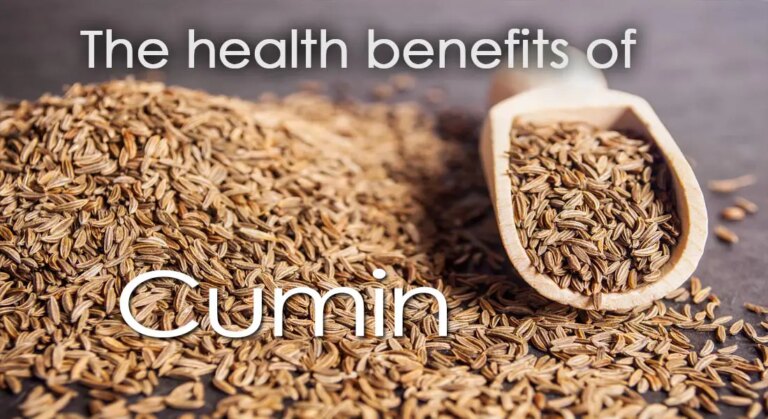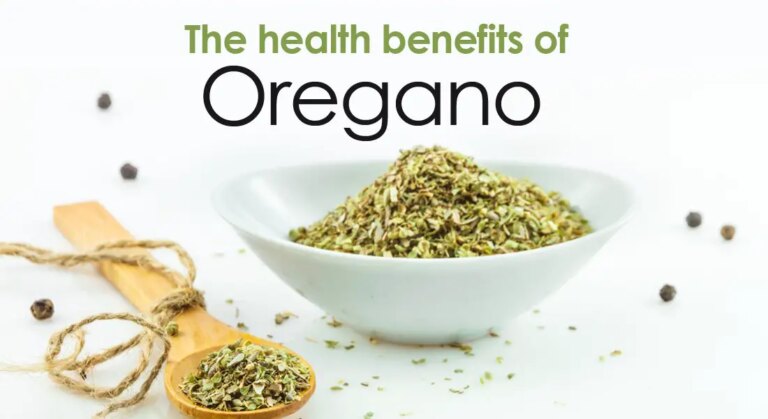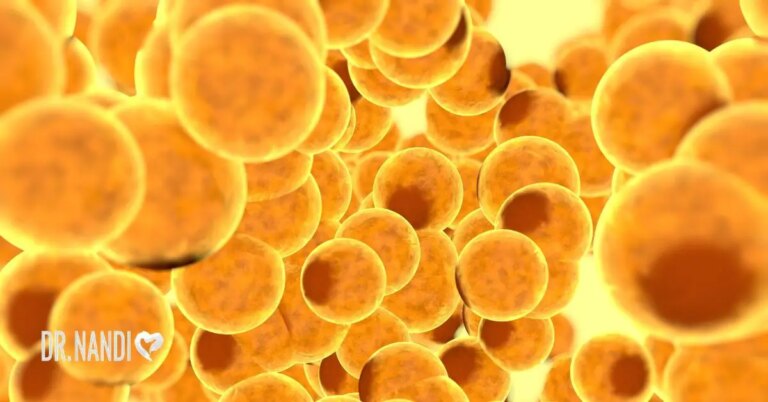No matter how much you try to deny it, you fart. Everyone does. And while it makes most of us blush when it happens around others, passing gas is nothing to be ashamed of. It’s a sign of good health and has health benefits. Dr. Nandi wants you to be your health hero and stop holding it in.
Benefits of Farting
Farting is an indication that your body, particularly your digestive system, is functioning as it should. Indeed, farting is a sign of a healthy body. It has the following benefits.
Tells if Diet Is Balanced
Balanced and nutritious diets include lean proteins, vegetables, fruits, and grains. It will create gas, though. Certain carbohydrates can’t always be broken down in the stomach. Instead, they’ll ferment for a time in the large intestine before being evacuated during a bowel movement. Gas is generated as a result of this fermentation.
You would not produce as much gas if you only ate simple carbohydrates. However, this would be due to other factors. A balanced diet is healthier for your body and your gut, even if flatulence is produced.
Reduces Abdominal Pain
As you chew, swallow, and digest food, gas will accumulate in your digestive tract. Gas might cause pain and suffering if you make a lot of it. But farting flushes out the gas as well as any discomfort or pressure that may be associated with it.
Good for the Colon
Occasionally holding in gas can help suppress flatulence when you’re in a room with others. However, retaining gas for too long can irritate the colon. It might also irritate hemorrhoids. It’s always preferable to let out rather than keep gas. Don’t be scared to let those farts go.
Farts Reduce Bloating
Gas naturally forms through the body’s digestion process and needs a place to go. Suppose you don’t let it out via passing gas. In that case, it will work its way back into the intestinal tract, causing uncomfortable bloating.
Determines Whether You Have Food Allergies or Intolerances
When you consume food to which you are allergic or sensitive, your body will generate symptoms to indicate that the digestive system is disturbed. These symptoms include diarrhea, nausea, bloating, and gas. If you frequently have too much gas after eating specific meals, your body may be trying to communicate with you.
Whenever you have concerns, you should consult your doctor. They may request tests or assist you in developing an elimination diet to determine which food or meals are causing the gas and other problems.
It’s a Relief
When you hold in your gas, refusing to let your body do what it needs to do, you cause pressure in both your rectum and intestines. After a time, this can cause hemorrhoids or even a distended bowel.
Signifies a Healthy Gut
Extra toots may be the cost of healthier gut microbiota. A healthy gut microbiome and a thriving colony of bacteria produce more gas. That’s because these bacteria can digest and break down food more efficiently in your stomach and intestine. While this might result in excess gas, it indicates that everything is fine in your digestive system.
The Smell Is Good for You
While most people tolerate the smell of their gas better than others, perhaps everyone should take a sniff once in a while. In the chemical makeup of gas are small amounts of hydrogen sulfide. While this is toxic at high levels, the minute traces released help protect against cell damage and may be able to prevent strokes and heart attacks.
Lets You Know What You Need
Passing gas can tell you a lot about your health and can do so accurately based on specific information. You should increase your fiber intake if you don’t pass gas at least five to ten times daily—14 is typical. If you always have an unpleasant odor, perhaps you’re overeating red meat.
Regardless of who you are, releasing gas should not cause embarrassment. It happens to everybody daily, indicating your body is performing its function.
Partha’s Rx
- About half a liter of gas is released through the average person’s five to 20 farts daily.
- The typical chemical makeup of human gas is 59 percent nitrogen, 21 percent hydrogen, 9 percent carbon dioxide, 7 percent methane, and 4 percent oxygen.
- Foods rich in complex carbohydrates cause more gas, including beans, artichokes, dairy products, sweet potatoes, wheat, soy, and nuts.
- Farting should not cause discomfort; if it does, it may signify a gastrointestinal issue.
- The sound that often accompanies the passing of gas comes from vibrations of the rectum caused by pushing the air out.
References:
- Gas and Gas Pain: Causes, Symptoms, Management & Prevention (clevelandclinic.org)
- Belching, gas and bloating: Tips for reducing them – Mayo Clinic
- How to Relieve Gas Pain Fast (verywellhealth.com)
- 7 Unexpected Health Benefits Of Passing Gas | 1MD Nutrition™
- Why Am I So Gassy? 6 Tips To Find Relief – Cleveland Clinic
- Digestive Gas & Flatulence: Common Causes & Treatments (webmd.com)
- Health Check: what happens when you hold in a fart? (theconversation.com)
- Got Gas? It Could Mean You’ve Got Healthy Gut Microbes : The Salt : NPR
- The Truth About Gas, Burps, and Farts (webmd.com)


















